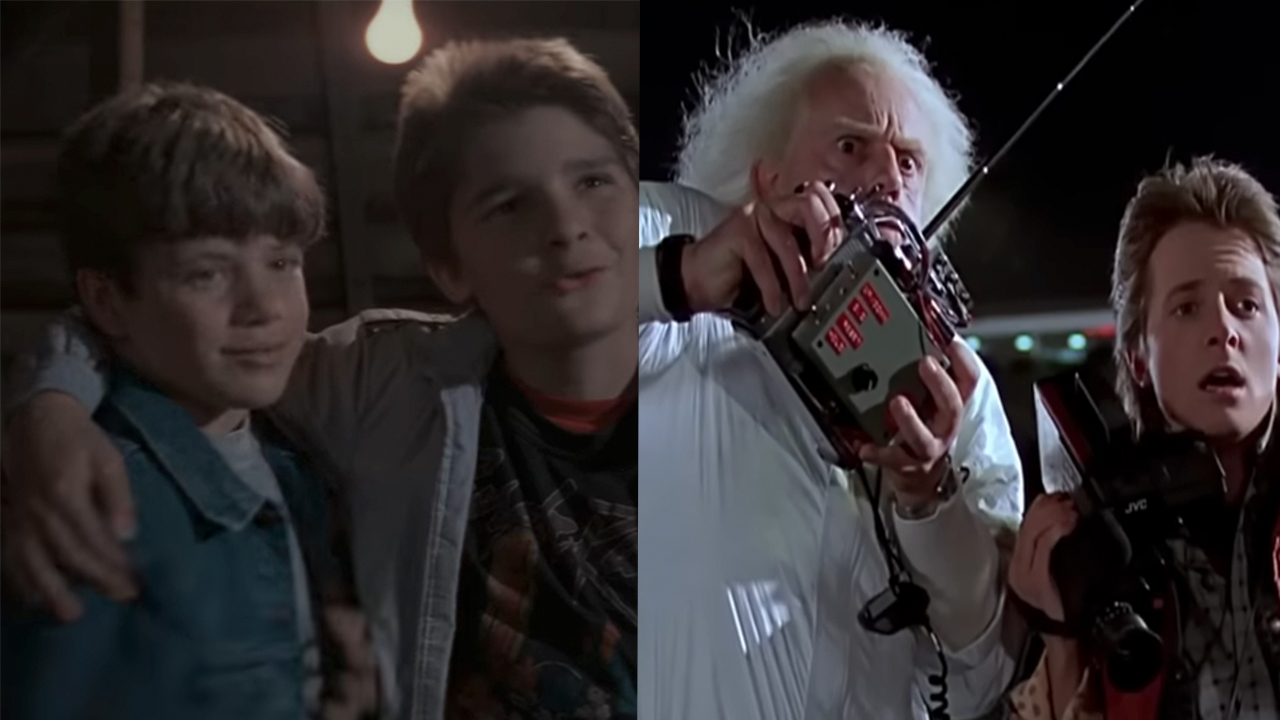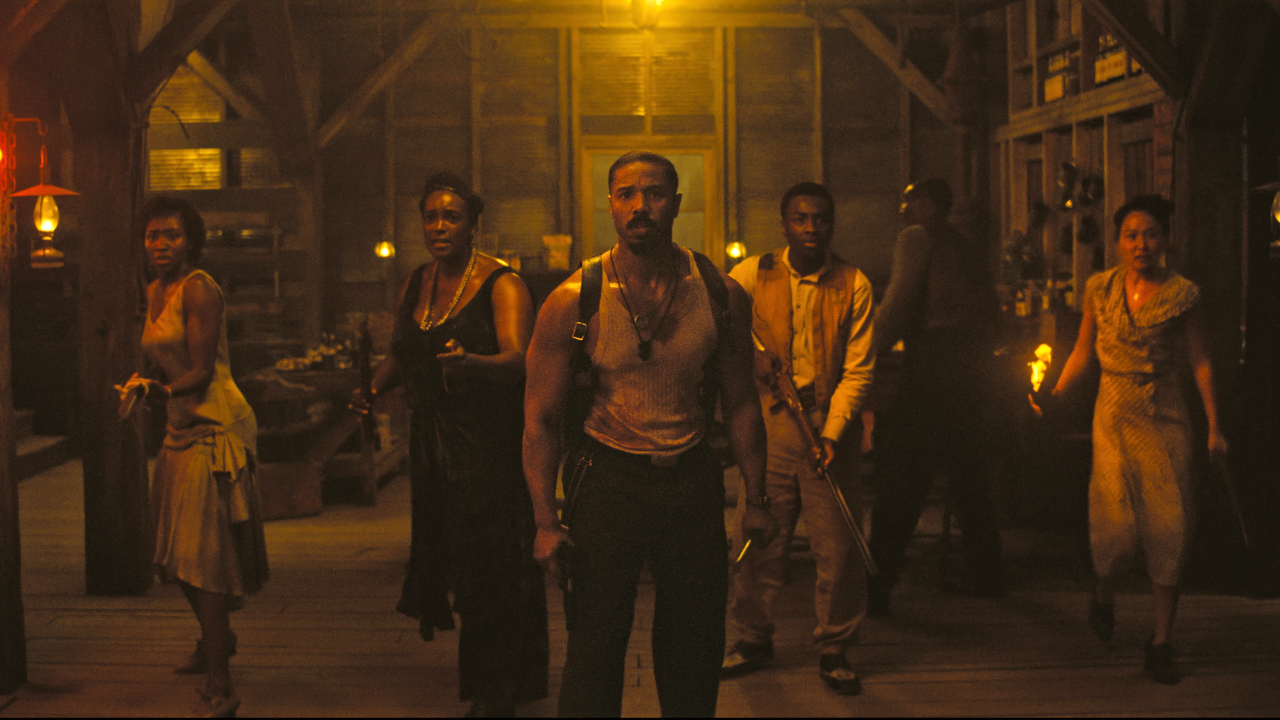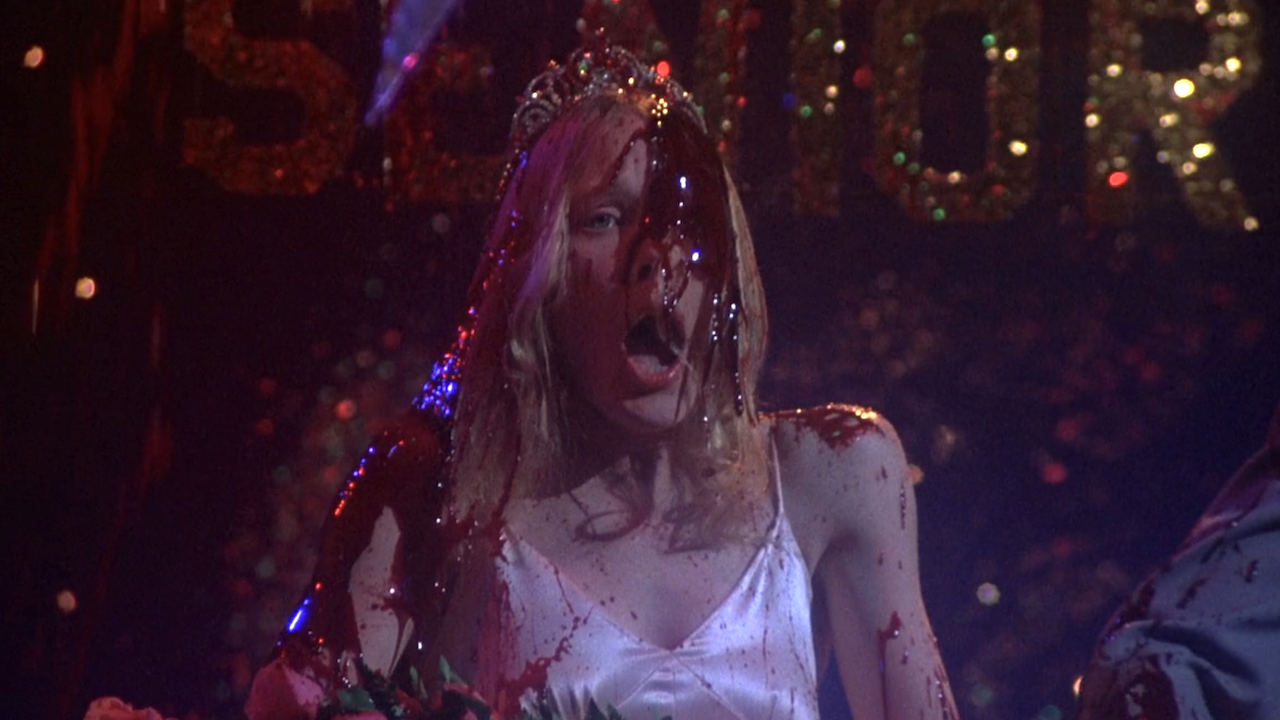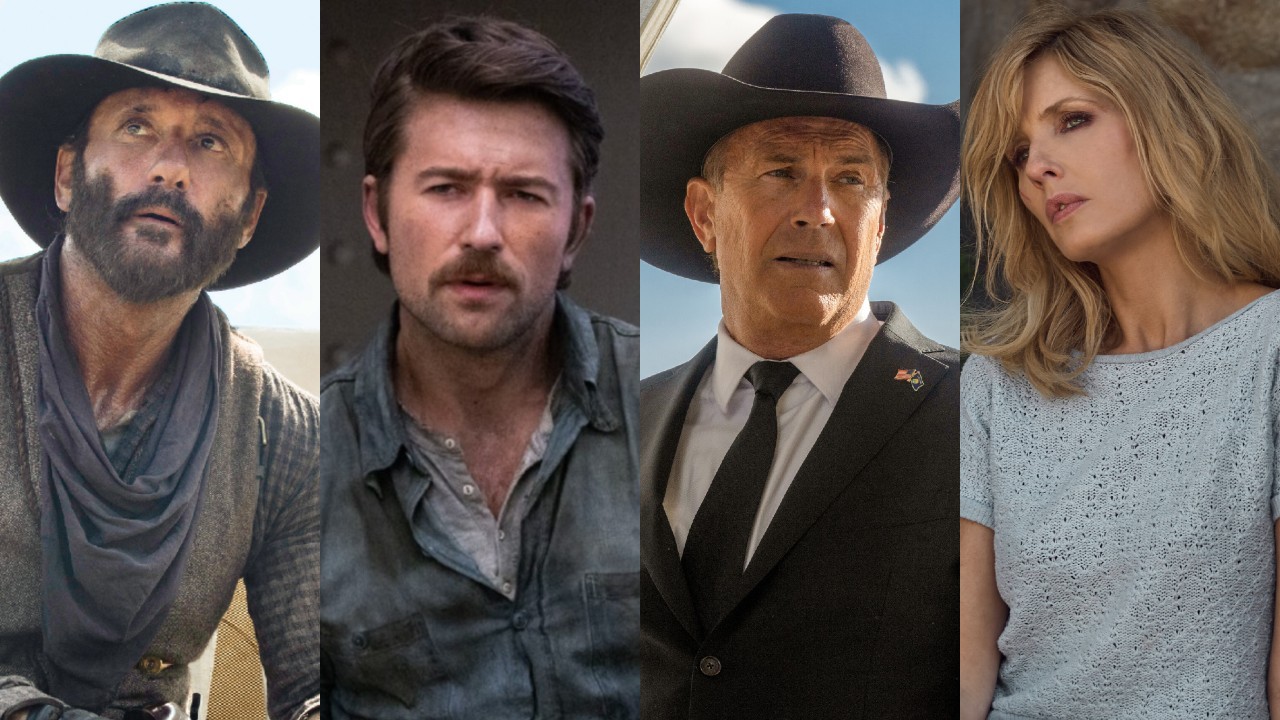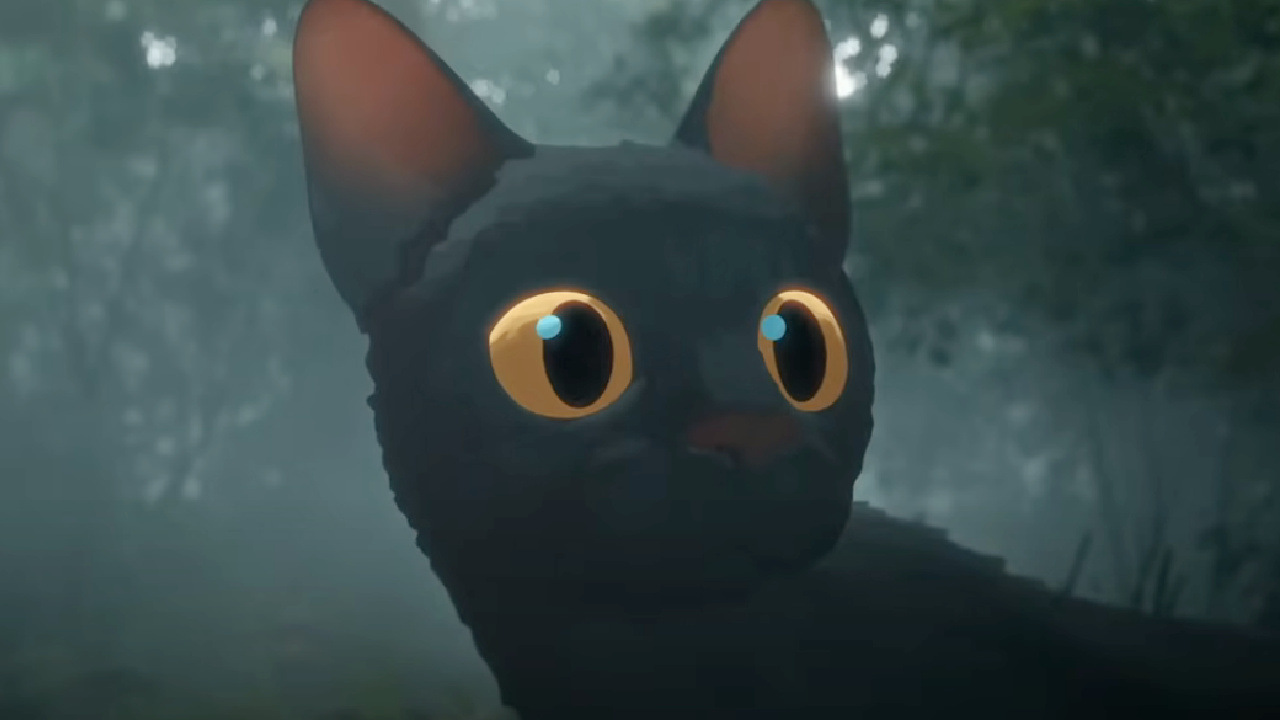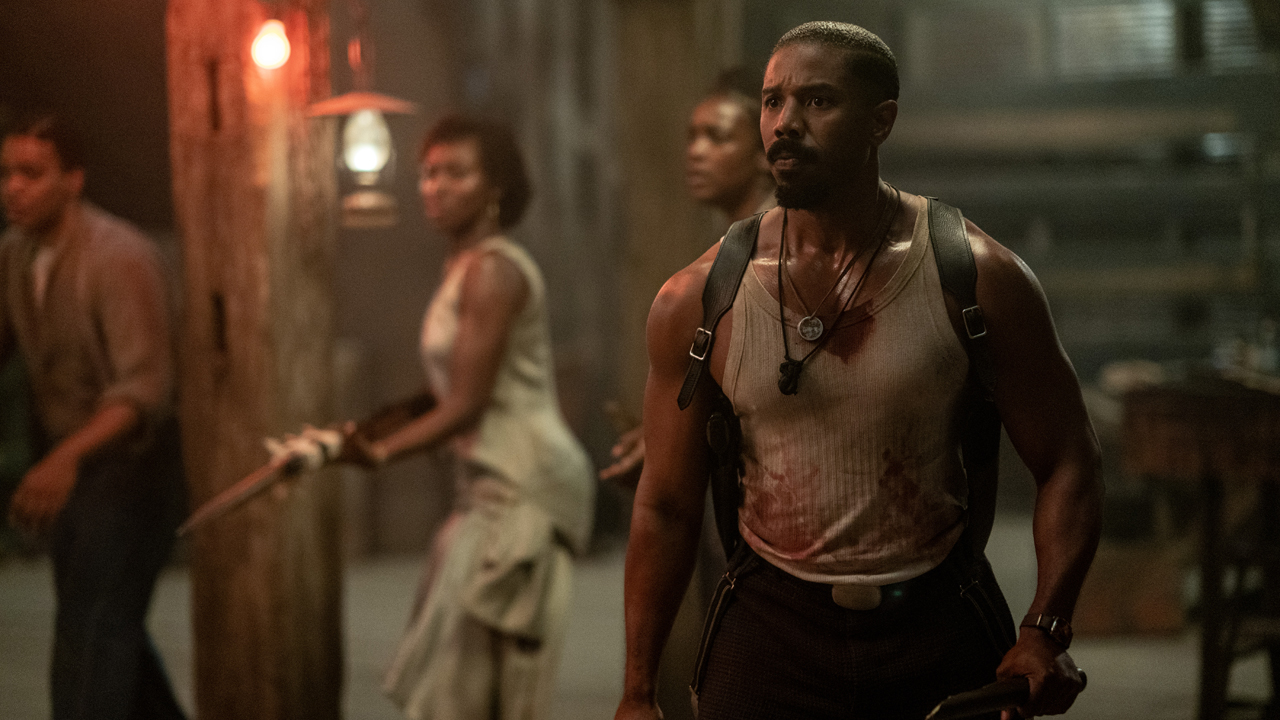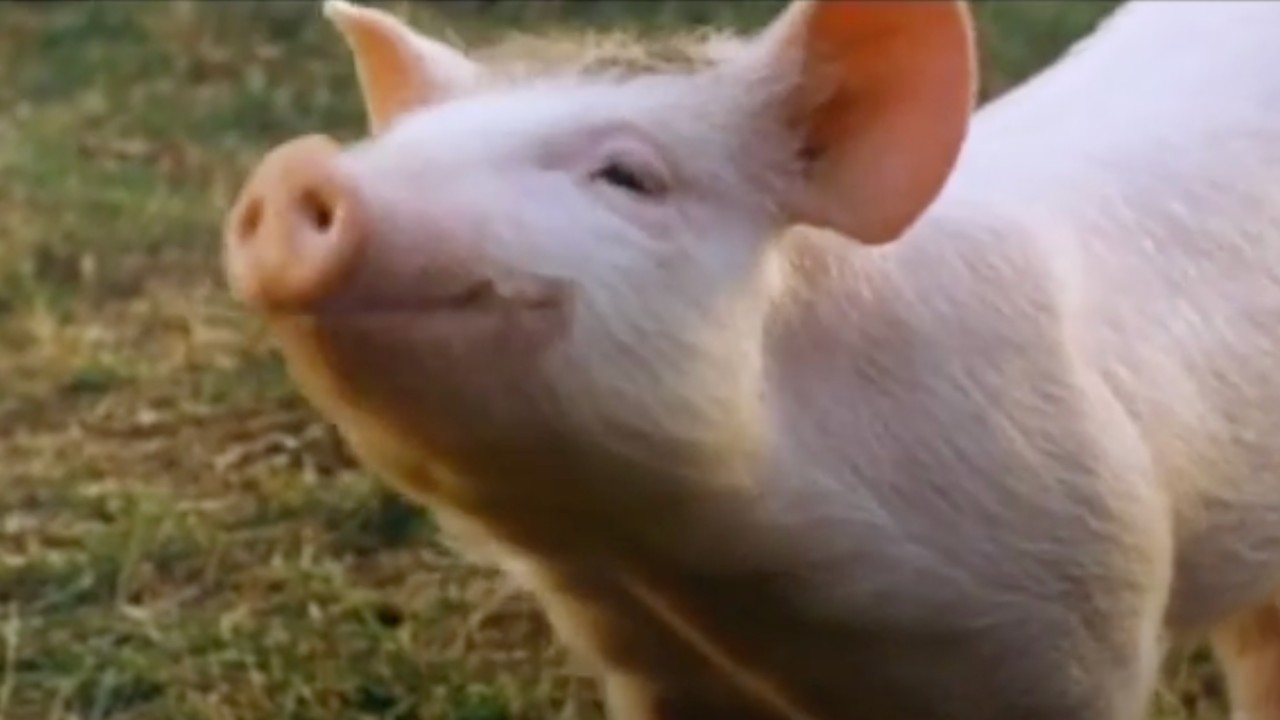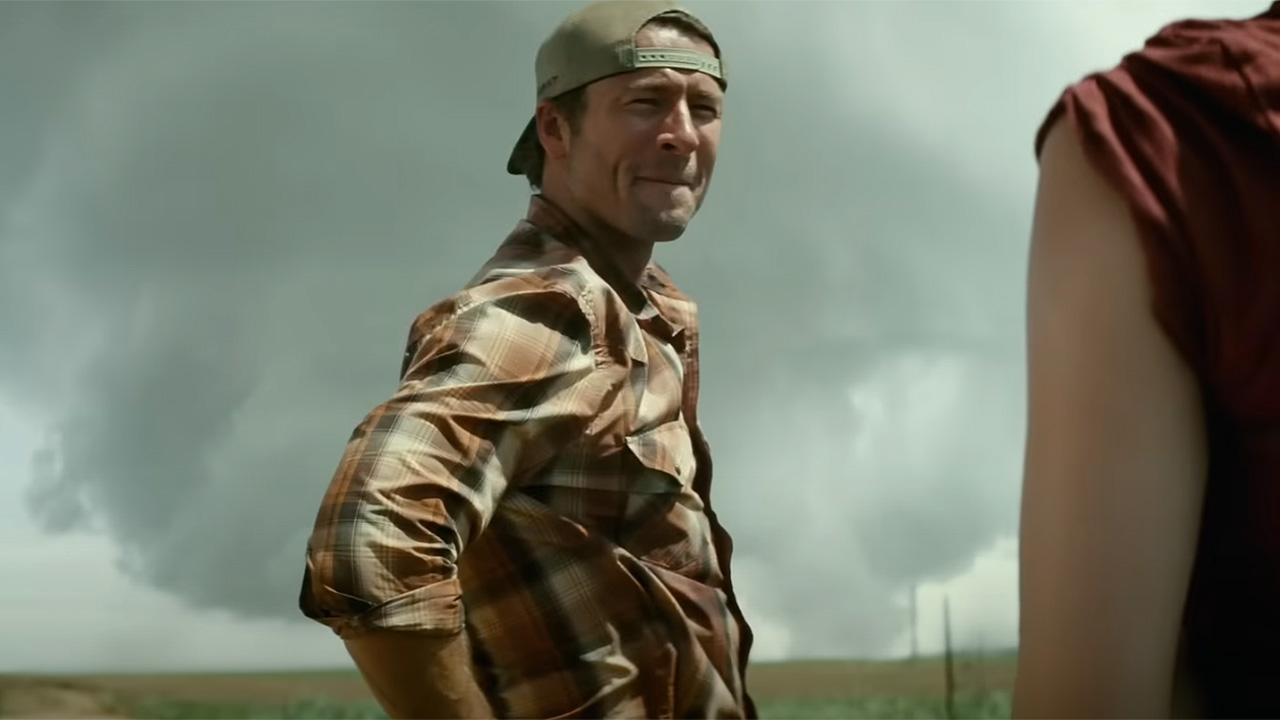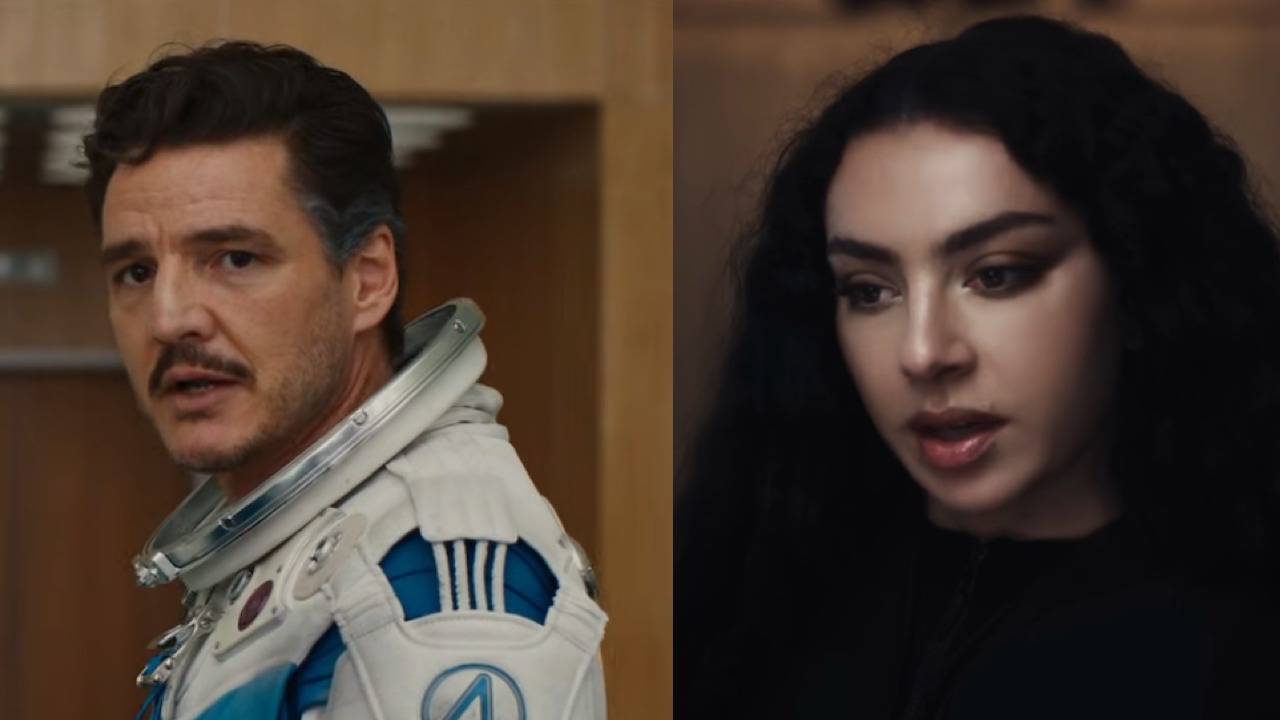I Watched These 3 David Lynch Movies For The First Time, And I Now Better Appreciate The Late Filmmaker
A transformative cinematic experience for me.
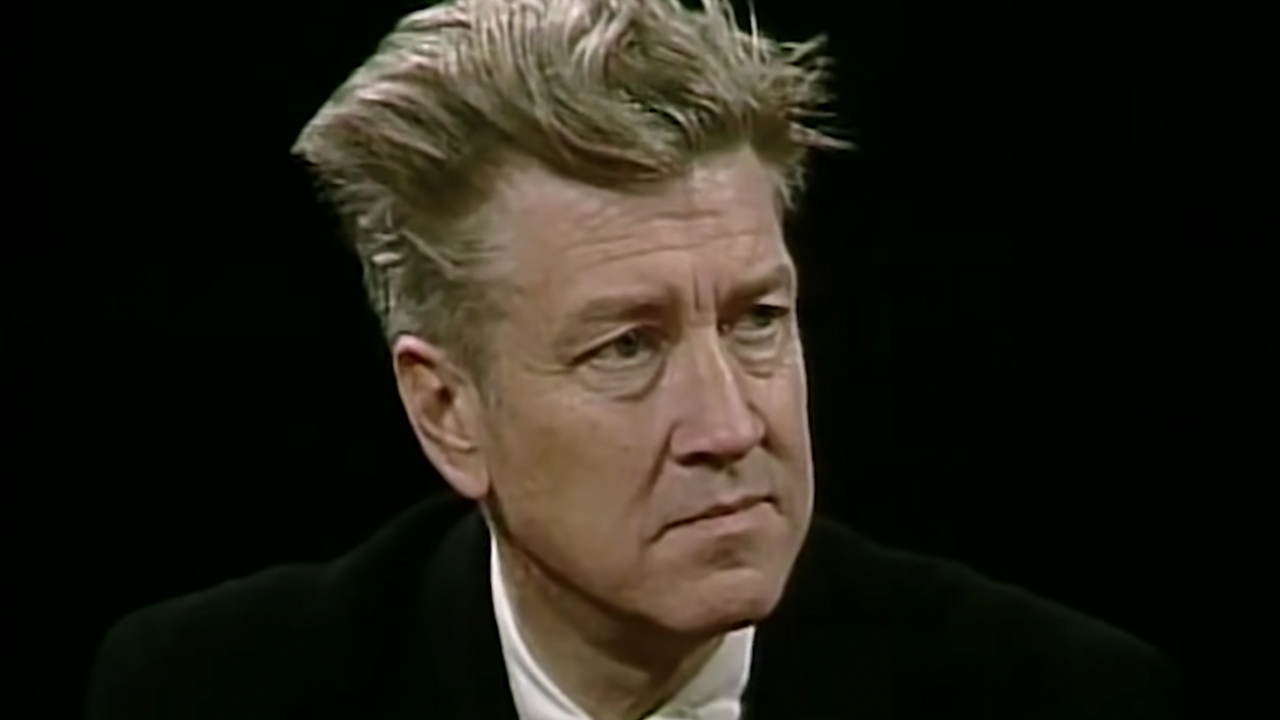
SPOILER WARNING: The following gives away certain moments from multiple David Lynch movies and makes some attempts at analyzing their deeper meanings. If you have not seen Mulholland Dr., Inland Empire, and Lost Highway, proceed with caution.
Fairly recently, I could only say that I respected the work of David Lynch and its perplexing nature, but not that I was a fan. Yet, after learning Lynch passed away and seeing an incredible outpouring of admiration for him on social media, I felt I should give his work another chance and try to understand his craft for myself. After my inaugural viewing of three essential David Lynch movies collectively referred to as his “L.A. Trilogy,” I cannot quite say I finally understand this artist, but my opinion of him has certainly changed through a cinematic experience that I think I can confidently describe as “Lynchian.”
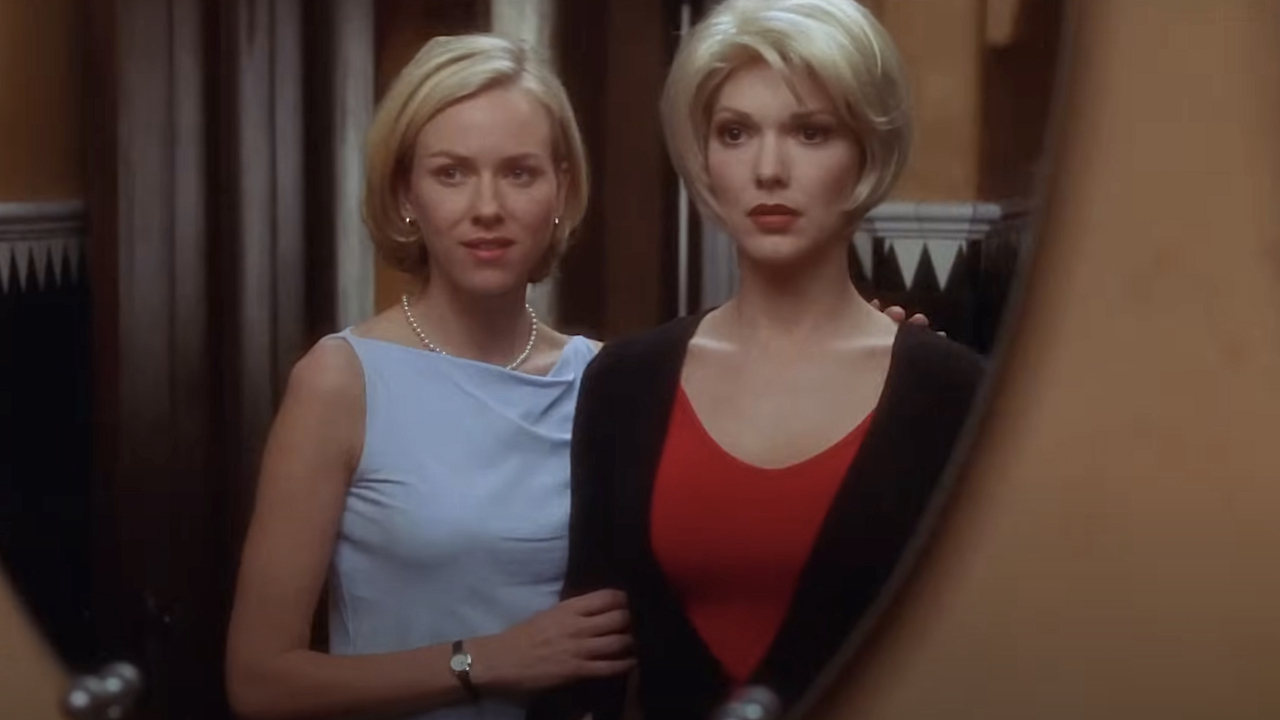
Mulholland Dr. Is A Rewarding Challenge I Haven't Stopped Thinking About
I started with 2001’s Mulholland Dr. – a movie I would compare to Shutter Island in some ways – and expected it to be more like Blue Velvet. Instead, the story of an aspiring actor (Naomi Watts) helping an amnesiac (Laura Harring) uncover her identity almost drove me more insane than Lynch’s 1977 debut, Eraserhead, did.
I was almost willing to give up on my attempt to find my inner Lynch fan, but the movie would not let me give up; piercing my brain with deeper and deeper thoughts regarding its labyrinth of unsettling imagery and strategically vague context. I still cannot wrap my head around what this modern film noir classic is really about, but the fact that I cannot stop thinking about it convinces me it is a successful exercise in brain-teasing surrealism.
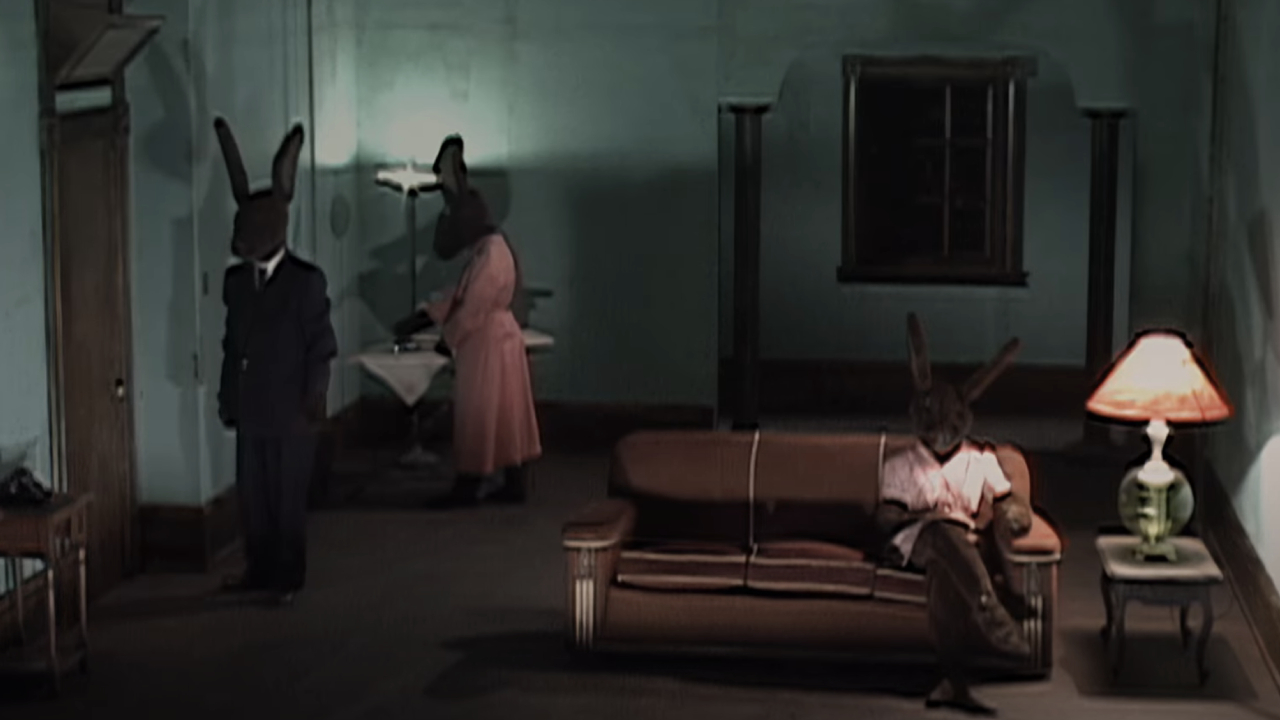
Inland Empire Is A Bewildering Exercise In Critical Thinking
Most David Lynch fans consider Mulholland Dr. to be a breeze when compared to his next and last feature, 2006’s Inland Empire. However, this deeply baffling and, to be frank, ugly-looking, three-hour thriller – to which CinemaBlend gave a glowing review – was just slightly easier to decipher as I was watching it, which could just be because I was anticipating my disorientation this time.
Still, I find this story of an actor (played by Laura Dern) struggling to differentiate her latest role from her real life (the most literal interpretation) to be, thankfully, more overt about connecting its seemingly discombobulated details, which resulted in another ultimately rewarding experience, even if the full quality of that reward is still slightly out of reach for me. Not to mention, for whatever reason, I loved those scenes with the rabbits, and that distorted image of Dern’s face solidifies Inland Empire as Lynch’s scariest movie in my opinion.
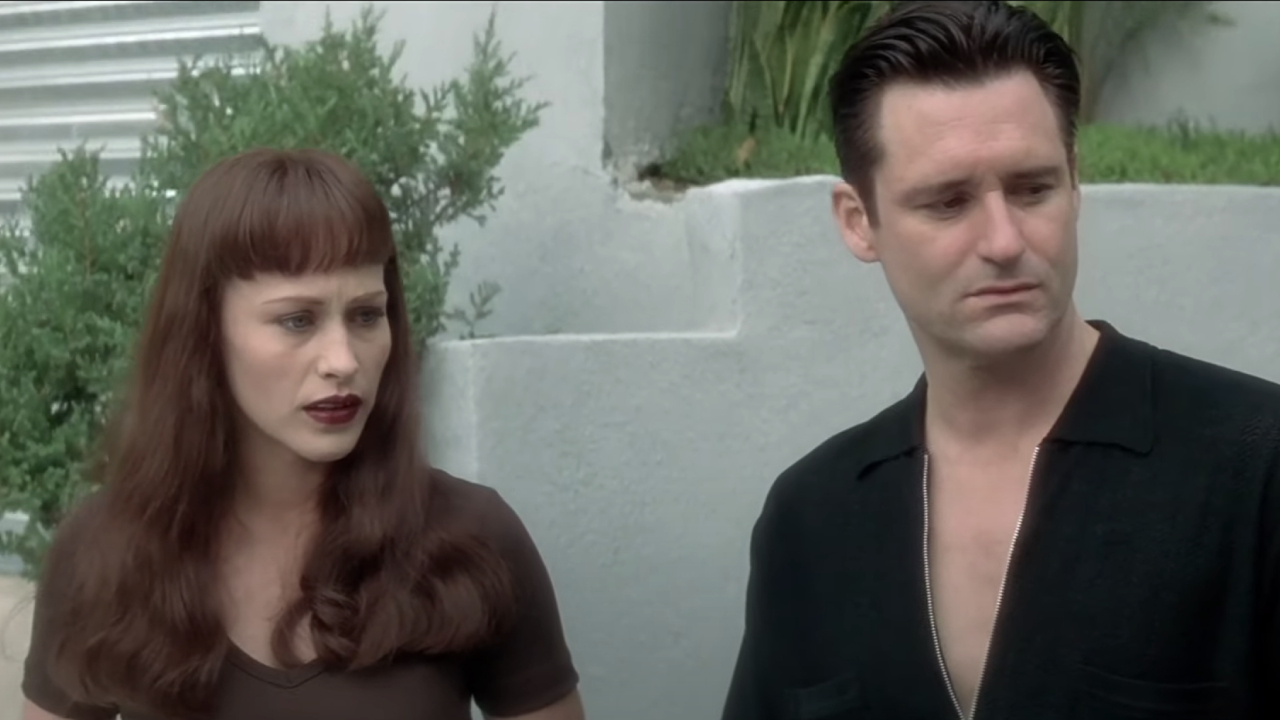
Lost Highway Is An Absorbing, Puzzling Trip
I concluded this “Lynch Binge” with what was considered at the time to be his most incomprehensible film (and for good reason, I will say), 1997’s Lost Highway. It begins as a drama about a musician, Fred (played by Bill Pullman), and his rocky marriage to his wife, Renee (played by Patricia Arquette), before it takes some downright insane turns when he is convicted of murdering her.
CINEMABLEND NEWSLETTER
Your Daily Blend of Entertainment News
Unsurprisingly, I was also stuck on the meaning, but later found some cool interpretations on X – most notably that Pete (Balthazar Getty) is an alter ego Fred creates in his mind to cope with murdering Renee (or just his impotence) – that makes more sense than my initial analysis, which was an alien abduction. Overall, I had the most fun trying to piece Lost Highway together as the clues are intriguingly presented and the story thoroughly entertaining.
Finally, through this transformative “Lynch Binge,” I can call myself a David Lynch fan because I realized that his films are not about the destination but the journey and the mystifying emotions that linger long afterward. I am now inspired by the way he challenged his audience with his uncanny aesthetic, feel more conscious about how all art is expressed, and believe I am willing to use my Max subscription to give Eraserhead another chance and maybe even check out 1984’s Dune (even if Lynch disowned it).
I guess it is true what John Merrick said in The Elephant Man about people being afraid of what they don’t understand. While I still cannot honestly say that I understand much of Lynch’s art, I am proud to say I certainly fear it no longer.

Jason Wiese writes feature stories for CinemaBlend. His occupation results from years dreaming of a filmmaking career, settling on a "professional film fan" career, studying journalism at Lindenwood University in St. Charles, MO (where he served as Culture Editor for its student-run print and online publications), and a brief stint of reviewing movies for fun. He would later continue that side-hustle of film criticism on TikTok (@wiesewisdom), where he posts videos on a semi-weekly basis. Look for his name in almost any article about Batman.

